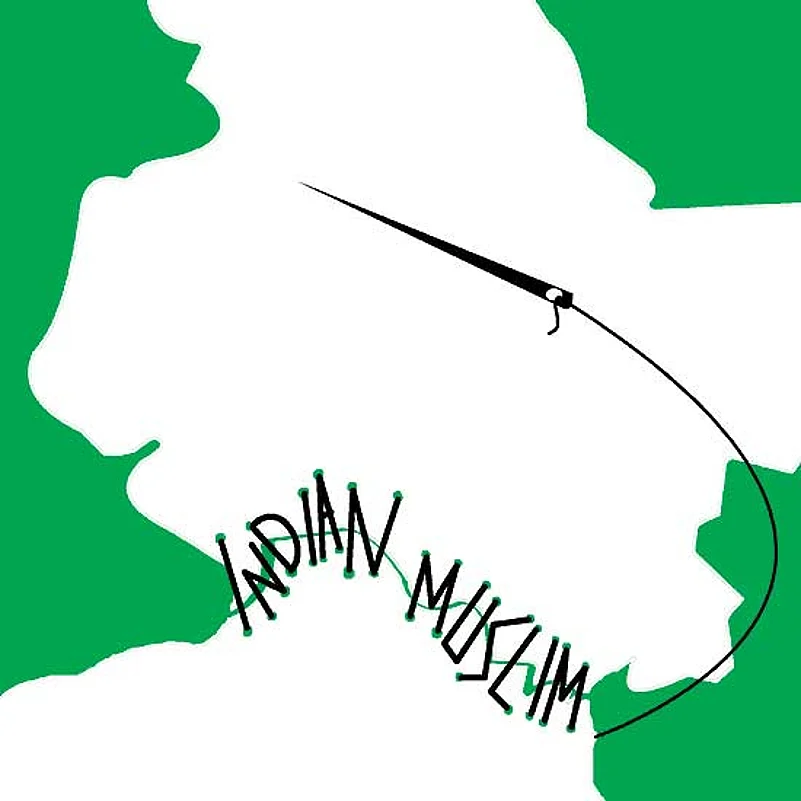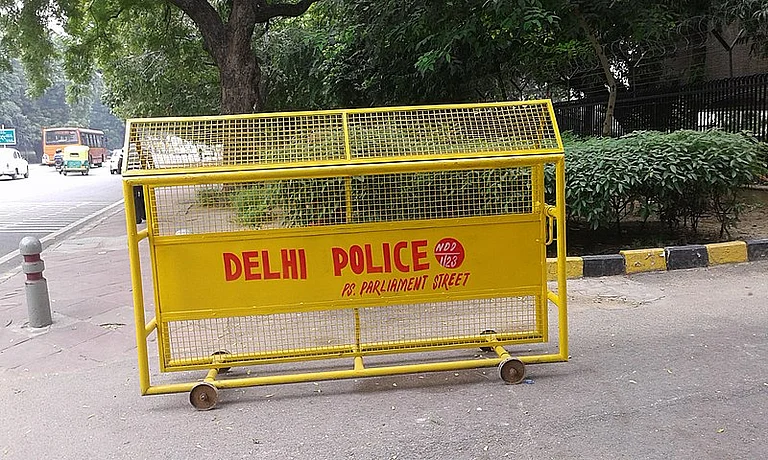In the bestiary of Islam-haters, whether of the international or the desi, Hindutva variety, one of the worst demonisations is that foisted upon the Deoband school. The historic Darul Uloom seminary in Deoband, Uttar Pradesh, is wrongly projected as an important fount of extremist, militant Islamic politics, whether of Bangladeshi, Kashmiri, Pakistani, Afghan or Central Asian provenance. Some jehadi groups, it is true, have arrogated to themselves a dubious legitimacy by claiming adherence to ‘true’ principles of the Deoband school of thought. The Darul Uloom, however, has consistently distanced itself from jehadi groups and from any form of terrorism.
Recently, the Jamiat Ulema-e-Hind, a powerful group of clerics from the seminary—not one to hesitate from engaging with issues of social or political significance—adopted a calibrated resolution on Kashmir. Unfortunately, it is bound to have no effect on both Islam-baiters and jehadi groups: the former will concoct conspiracy theories, the latter will ignore it altogether. But what the clerics have done is to courageously negotiate the complex and difficult space between the Indian establishment’s hawkish sentiment on the Kashmir issue, the majoritarian ‘nationalist’ sentiment, the separatist sentiment of Kashmiri Muslims, and the guardedness of Muslims in the rest of India.
The Indian establishment and those adhering to the nationalist sentiment will not digest the resolution’s demand that the Armed Forces Special Powers Act be withdrawn from Kashmir, the security forces and barricades in civilian areas be removed, the Public Safety Act be repealed and an independent inquiry commission investigate human rights violations and the disappearance of thousands of young men. In fact, these are demands voiced by most independent rights groups, whether Indian or international; there’s nothing Muslim or ‘communal’ about them. Separatist groups, on the other hand, have rejected the clerics’ recommendation that a solution be found within the framework of the Indian Constitution and that the interests of the Kashmiri people are not separate from that of Muslims in the rest of India. They see the Darul Uloom as failing to appreciate the Kashmiri Muslim’s true aspiration—azadi. Be that as it may, the 11-point resolution demonstrates commendable even-handedness: it condemns the lethal crowd-control methods of the security forces and at the same time appeals to Kashmiri protesters that they adopt peaceful means to fight for their rights.
Even without joining issue with any of the positions on the Kashmir dispute, an empathetic reading of the Deoband initiative in order to understand and appreciate its significance is possible. First, it draws attention to the plurality and the regional divides in the perceptions, opinions and voices on Kashmir within the Muslim community—even within its most traditional sections, including the clerics. This runs against the stereotype of Muslims being bound by a herd mentality that runs across the subcontinent, a stereotype that more than hints at communal conspiracy. Another stereotype the resolution challenges—through its careful attempts to disentangle the numerous threads in the Kashmir knot—is that of the community responding sentimentally and in sectarian fashion to complex, historical issues, of being incapable of considered analysis. Even more significantly, the resolution underlines another important point: if Pakistanis, and even non-state-sponsored militants from other Muslim countries, feel it is their right to intervene in Kashmir in ways they deem appropriate, Indian Muslims, too, have the right to intervene and be heard.
The Deoband view may yet be heavily contested—by Kashmiris, Muslim and non-Muslim, and by India and Pakistan and their peoples—but it will be easy to agree with and build a consensus around at least some of what the resolution says. The most obvious of which is that repression and violence will not work. Rejecting what’s not to their liking, all sides will still find in the resolution something they like. The Pakistan angle to the Kashmir issue—Pakistan has its fair share of those who swear by Deoband, though they are obviously not pleased with the resolution’s insistence on a solution within the Indian Constitution—will probably require a different kind of effort. But the parties within the present territorial boundaries of India are sure to see in the Deoband initiative an opportunity for a kind of back channel towards resolution of the Kashmir problem. One initiative could mean nothing, but through it one may perhaps reach a window of hope, a vista of opportunities, some of it obvious, some calling for effort and innovative response.


























